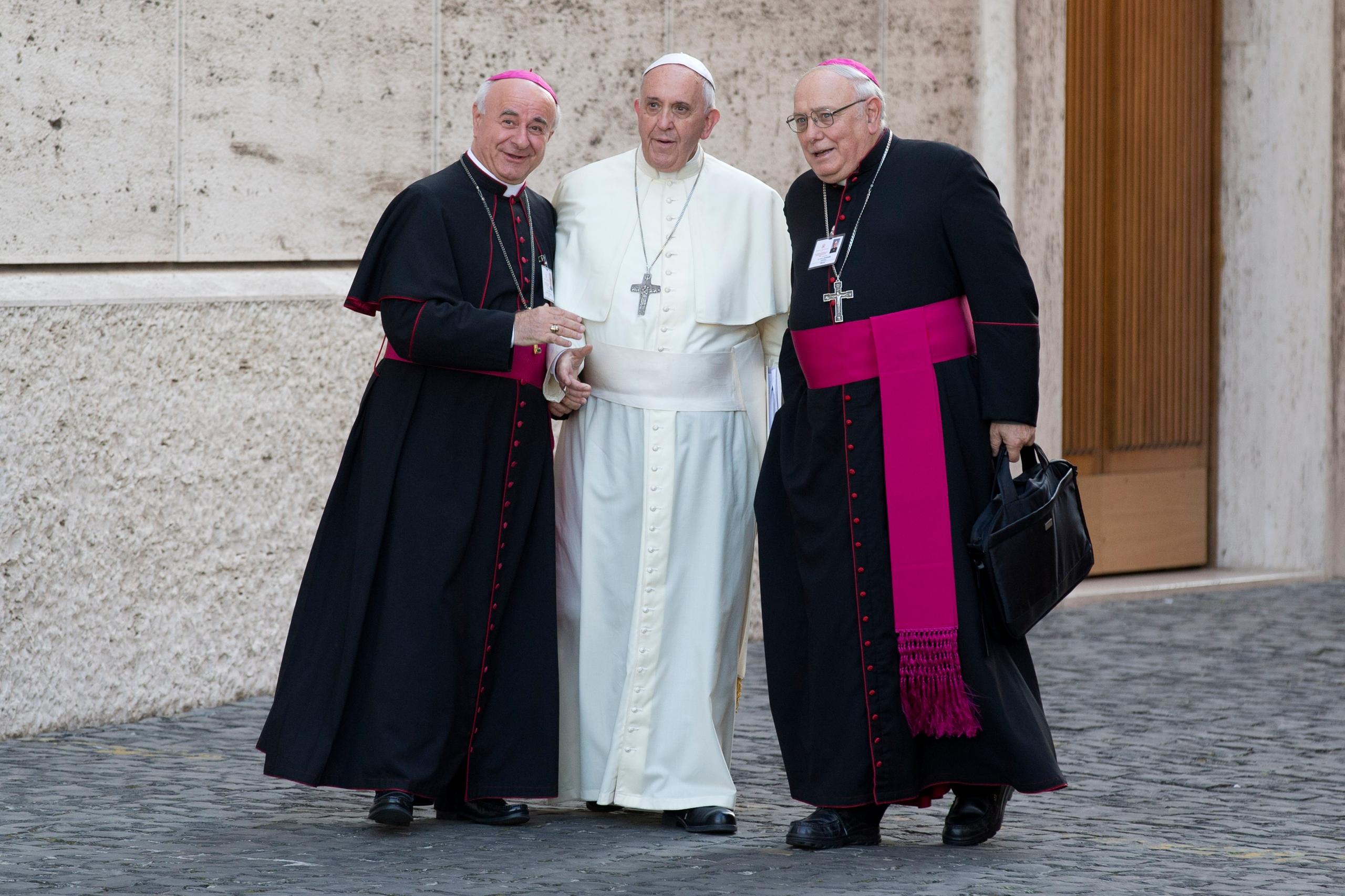🇮🇹 Versione italiana
Vatican City – On May 19, 2025, the Holy See Press Office announced the appointment—made by Pope Leo XIV—of the new Grand Chancellor of the Pontifical John Paul II Theological Institute for Marriage and Family Sciences: Cardinal Baldassare Reina, Vicar General of His Holiness for the Diocese of Rome and Grand Chancellor of the Pontifical Lateran University.
This is a significant development, marking a return to an established practice that aligns with the Institute’s identity—namely, that the Grand Chancellor is also the Pope’s Vicar for the Diocese of Rome, a role that already includes serving as Grand Chancellor of the Lateran University, where the Institute was originally founded.
A Countercurrent Decision
It hasn’t always been this way. On August 15, 2016, in a move characteristic of his leadership style, Pope Francis made an exception to the then-valid Statutes (specifically Article 6) by appointing Mgr. Vincenzo Paglia as Grand Chancellor of the Institute. The Vatican statement made the nature of the decision crystal clear: it was a personal exception expressly desired by the Pope.
Paglia, a protégé of the Community of Sant’Egidio, is a controversial figure, who at the time was already embroiled in embarrassing legal proceedings and known for public stances that contradicted Catholic moral teaching on marriage, sexuality, and bioethics.
This was a divisive appointment, representing a clear break from the tradition of the Institute, which was founded in continuity with the Magisterium of Saint John Paul II and his vision (in fact, the Church’s vision) of marriage and family grounded in the truth of the Gospel.
Until 2006, the President of the Institute was also the Rector of the Lateran University. Then, Benedict XVI granted the Institute autonomy, while preserving a strong link with the Pope’s university. The appointment of Paglia in 2016 marked a deep rupture, accompanied by a forced restructuring of the Institute and the removal of many long-standing professors, all under the banner of a “new pastoral theology” whose contours often appeared ambiguous.

A Forward-Looking Appointment… That Returns to the Roots
By appointing Cardinal Baldassare Reina, Leo XIV has not formally altered the Statutes—which, following the 2019 reform, grant the Pope direct authority to appoint the Grand Chancellor, without requiring that he be a particular figure—but he has chosen to restore the traditional institutional framework, placing at the head of the Institute a reliable figure who represents the Holy See and its unity.
This decision results in the removal of Vincenzo Paglia, who for years has scandalized the Catholic world with statements widely deemed incompatible with Church doctrine, both regarding marriage and human life. It is hoped that this exclusion will soon be followed by the revocation of his other ecclesiastical responsibilities, in order to safeguard the truth and fidelity to the Gospel.
Who the Grand Chancellor Is and What He Does
In the landscape of ecclesiastical academic institutions, the Grand Chancellor plays a central role. He is the guarantor of the Institute’s bond with the Holy See and its fidelity to the Church’s Magisterium.
According to Article 5 of the current Statutes, he is appointed directly by the Pope, and his main responsibilities include:
1. Promoting the ecclesial identity and academic quality of the Institute;
2. Overseeing the fidelity to Catholic doctrine and compliance with the Statutes;
3. Proposing candidates for key positions (President, Vice Presidents, Professors…) to the Congregation for Catholic Education;
4. Receiving the profession of faith from the President;
5. Granting or revoking the canonical mission of professors;
6. Requesting the nihil obstat for honorary doctorates;
7. Proposing the Vice Presidents of off-campus sections;
8. Signing official Doctorate diplomas;
9. Convene and preside over the Institute’s Superior Council;
10. Regularly informing the Congregation for Catholic Education about the academic, moral, and financial state of the Institute.
A Role of Guarantee and Unity
The Grand Chancellor is far more than a ceremonial figure: he must be the guarantor of the Institute’s ecclesial direction, the guardian of its fidelity to the Church, and the promoter of academic communion and unity.
Among those who served as President of this Institute was Monsignor Pierangelo Sequeri, an Ambrosian theologianknown for both his intellectual capabilities and his faithfulness to doctrine. The current President is Monsignor Philippe Bordeyne.
S.V.
Silere non possum